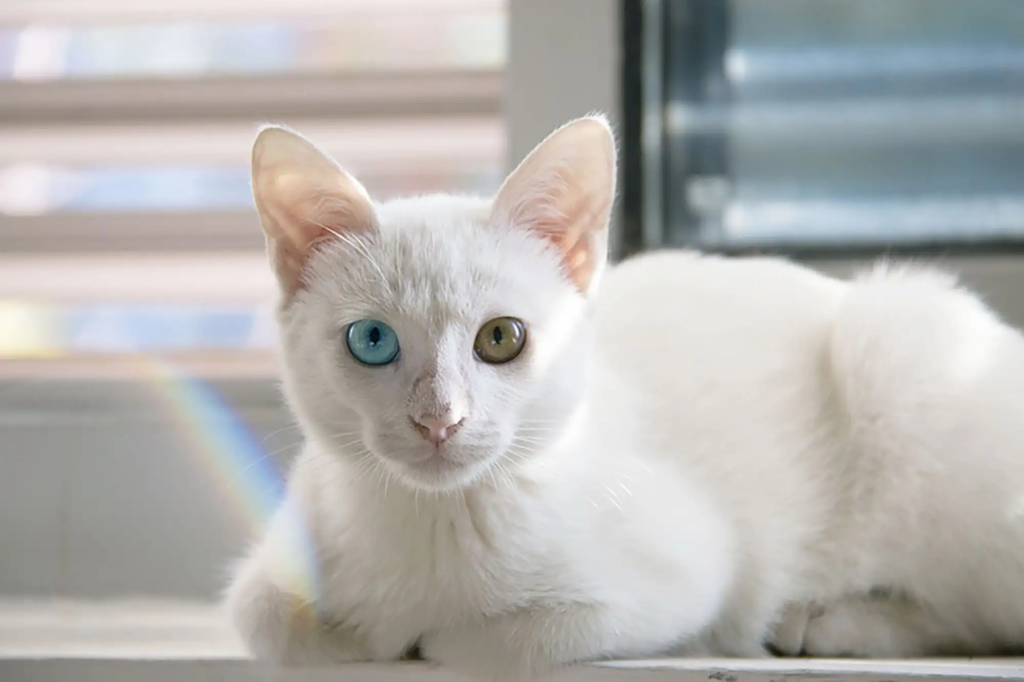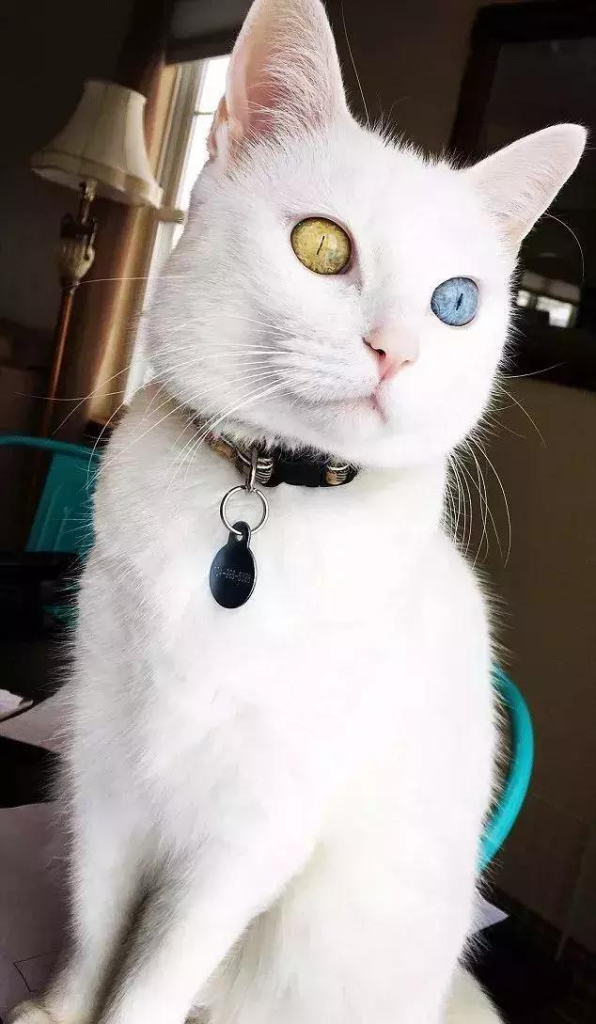
The Munchkin Cat: Adorable or Unethical? The Debate Over Breeding and Ethics
The Munchkin cat is a relatively new breed that has gained a lot of attention in recent years due to its unique appearance. While some people find these cats adorable and charming, others have raised concerns about the ethics of breeding them. In this article, we will explore both sides of the debate over the Munchkin cat and the ethical considerations of breeding them.
What is a Munchkin Cat?
The Munchkin cat is a breed of domestic cat that is known for its short legs. These cats have a mutation that affects their leg bones, causing them to be shorter than those of a normal cat. This gives the Munchkin cat a unique appearance and a playful, energetic personality.
Arguments for Breeding Munchkin Cats
Many people argue that breeding Munchkin cats is ethical and beneficial for the breed. Here are some of the main arguments in favor of breeding Munchkin cats:
- Health: Munchkin cats are generally healthy and do not suffer from any specific health problems related to their short legs. In fact, some people argue that their short legs may even be beneficial for their health, as they are less prone to certain health issues, such as joint problems.
- Popularity: Munchkin cats are becoming more popular, and many people enjoy their unique appearance and playful personalities. Breeding Munchkin cats allows more people to enjoy these cats and can help to increase their popularity.
- Diversity: Breeding Munchkin cats can help to increase the genetic diversity of the breed, which can help to improve the overall health and well-being of the cats.
Arguments Against Breeding Munchkin Cats
Despite the arguments in favor of breeding Munchkin cats, there are also many concerns about the ethics of breeding them. Here are some of the main arguments against breeding Munchkin cats:
- Health: While Munchkin cats may not suffer from any specific health problems related to their short legs, there is a concern that their legs may cause them to be more prone to other health issues, such as spinal problems.
- Ethics: Some people argue that breeding Munchkin cats is unethical because it is a result of genetic manipulation. Critics say that the breeding of Munchkin cats is equivalent to creating mutants and that it can lead to unnecessary suffering.
- Standards: Many people argue that breeding Munchkin cats goes against the standards of breeding for functional and healthy animals. Critics argue that breeding animals for appearance rather than health and function is a violation of animal welfare.
Conclusion
In conclusion, the debate over the ethics of breeding Munchkin cats is complex and multifaceted. While some people argue that breeding these cats is ethical and beneficial for the breed, others have raised concerns about the potential health issues and ethical considerations. Ultimately, it is up to individual breeders and cat owners to decide whether or not they feel comfortable breeding and owning Munchkin cats, and it is important for them to consider both sides of the debate.

Munchkin cats are a popular and unique breed of domestic cat known for their short legs. They have been around since the 1990s, and their popularity has only grown in recent years. However, their distinctive appearance has also been the subject of controversy, with some people questioning the ethics of breeding a cat with such a physical characteristic. Here is everything you need to know about Munchkin cats.
Characteristics
Munchkin cats are known for their short legs, which are caused by a genetic mutation that affects the development of the bones in their legs. They have a small to medium-sized body and come in a variety of colors and patterns. Munchkin cats have a round face and large, expressive eyes. They are affectionate and playful cats that love attention from their owners.
Care
Munchkin cats require the same care as any other domestic cat. They need a balanced diet, regular exercise, and regular visits to the vet. However, because of their short legs, Munchkin cats may be more prone to certain health issues such as spinal problems and arthritis. It’s important to keep them at a healthy weight and to provide them with easy access to food, water, and litter boxes.
Controversy
The controversy surrounding Munchkin cats is due to the fact that their short legs are caused by a genetic mutation. Some people believe that breeding a cat with such a physical characteristic is unethical and may cause health problems for the cat. Others argue that the mutation is harmless and that Munchkin cats are healthy and happy pets. The debate over whether Munchkin cats are ethical has been ongoing for years.
In addition to concerns about the ethics of breeding Munchkin cats, there is also the issue of the demand for these cats. Because of their unique appearance, Munchkin cats are often in high demand, and some breeders may prioritize profit over the health and well-being of the cats. It’s important to research breeders and only purchase cats from reputable sources to ensure that they are healthy and have been bred ethically.
In conclusion, Munchkin cats are a unique and popular breed of domestic cat known for their short legs. While there is controversy surrounding the ethics of breeding cats with such a physical characteristic, Munchkin cats can be healthy and happy pets when bred ethically and properly cared for. As with any pet, it’s important to do your research and only purchase cats from reputable breeders to ensure their health and well-being.